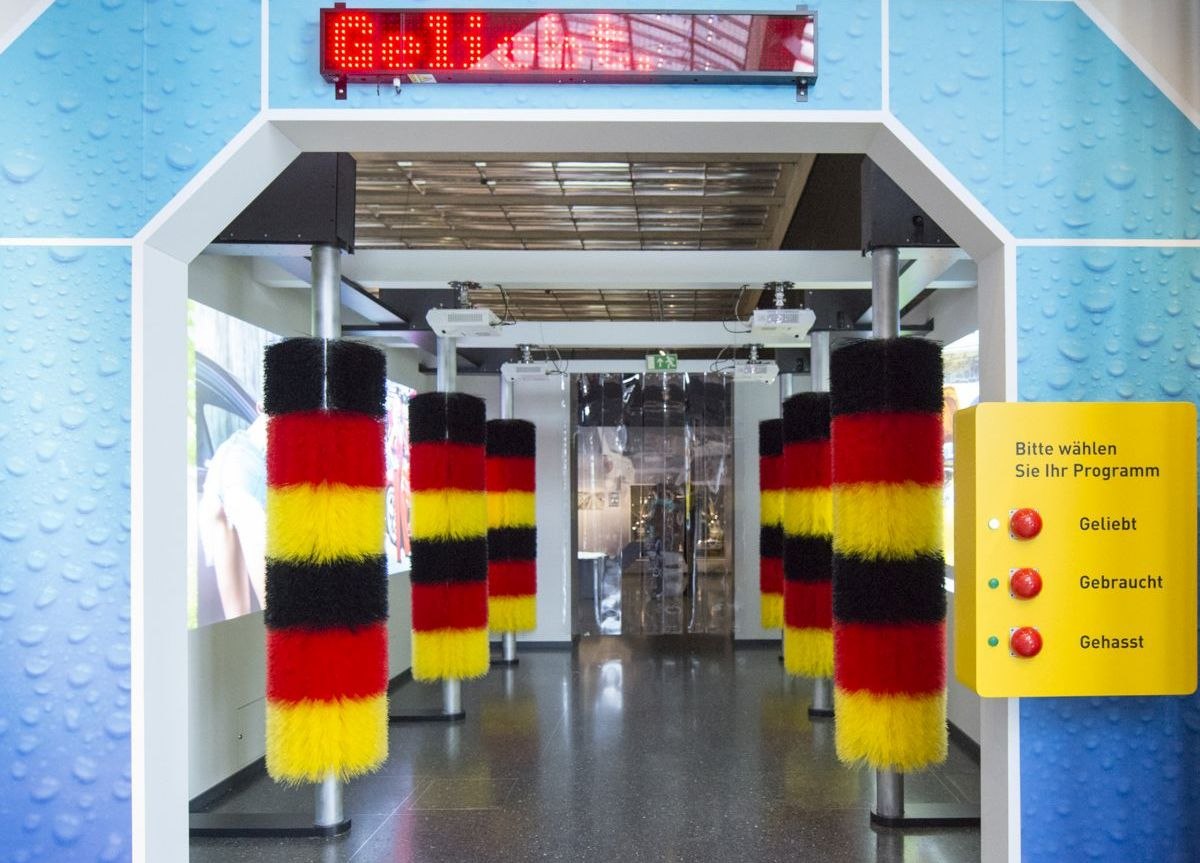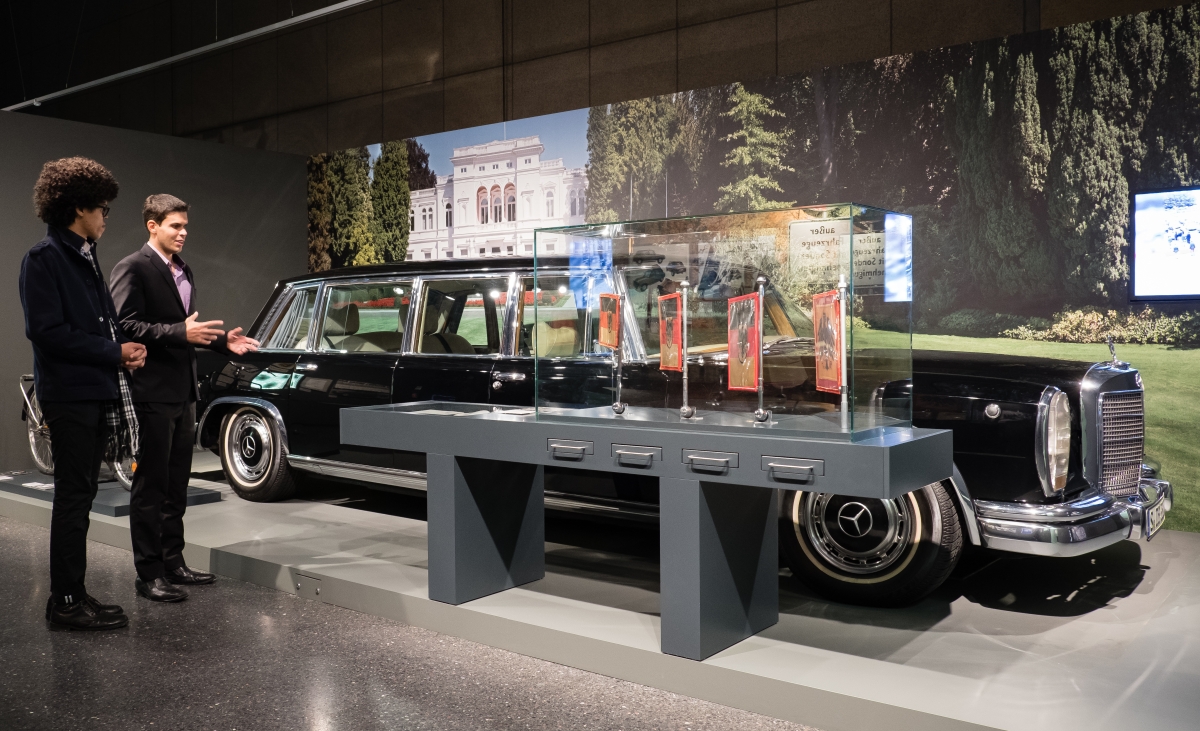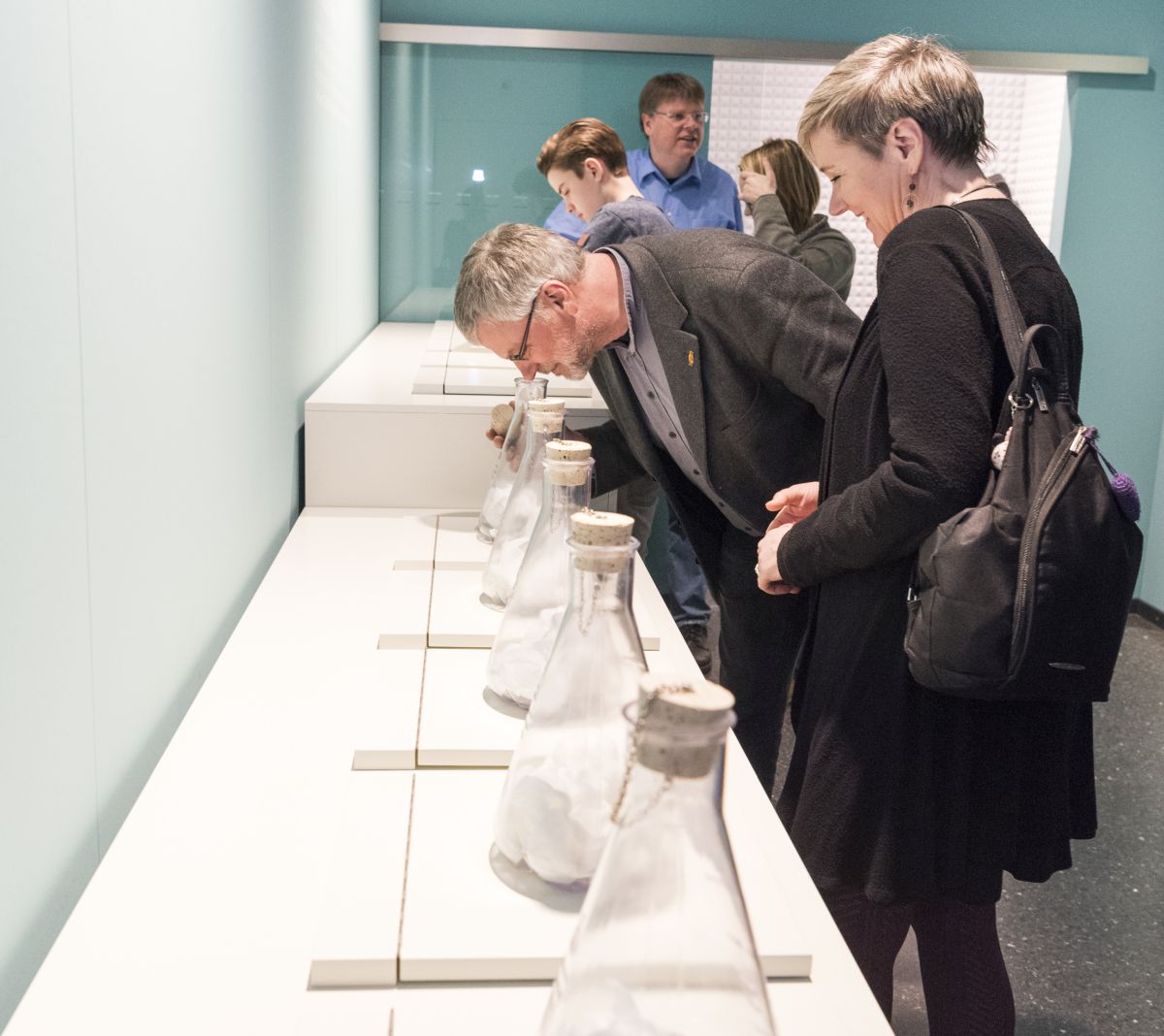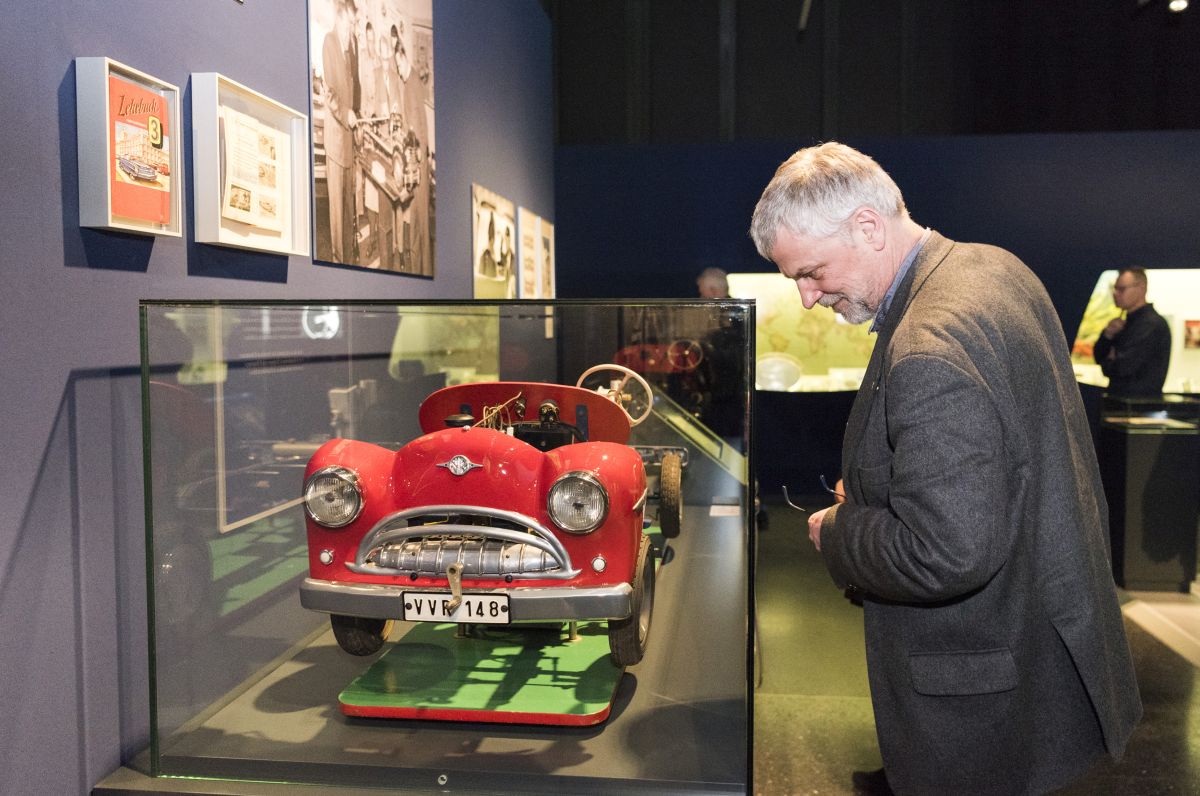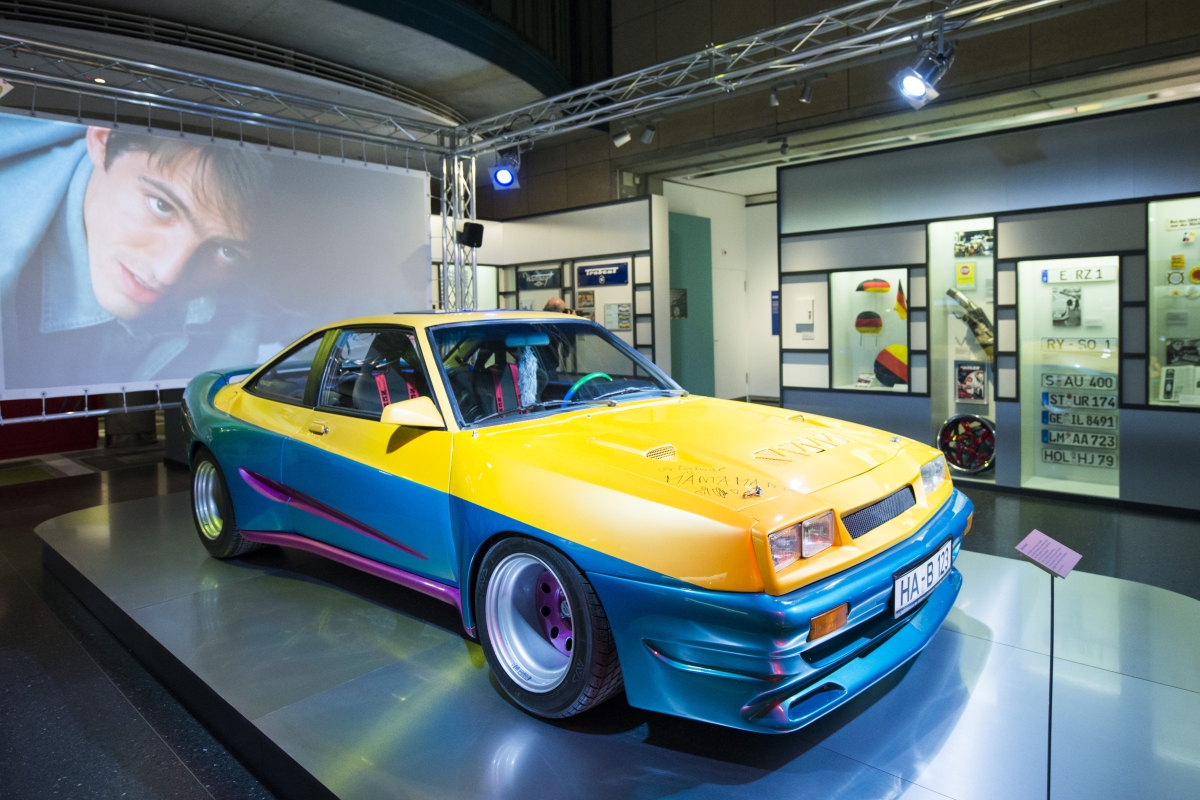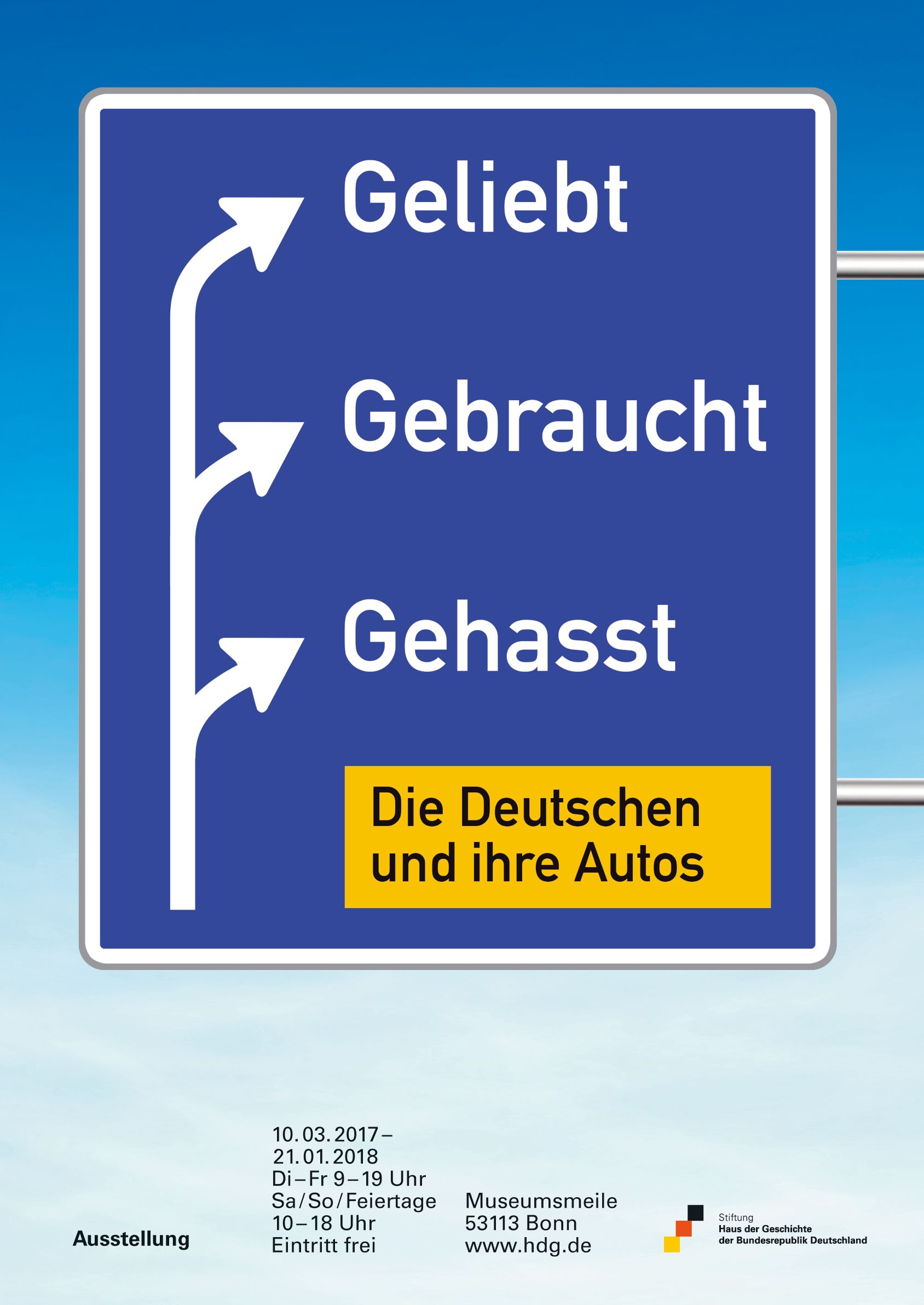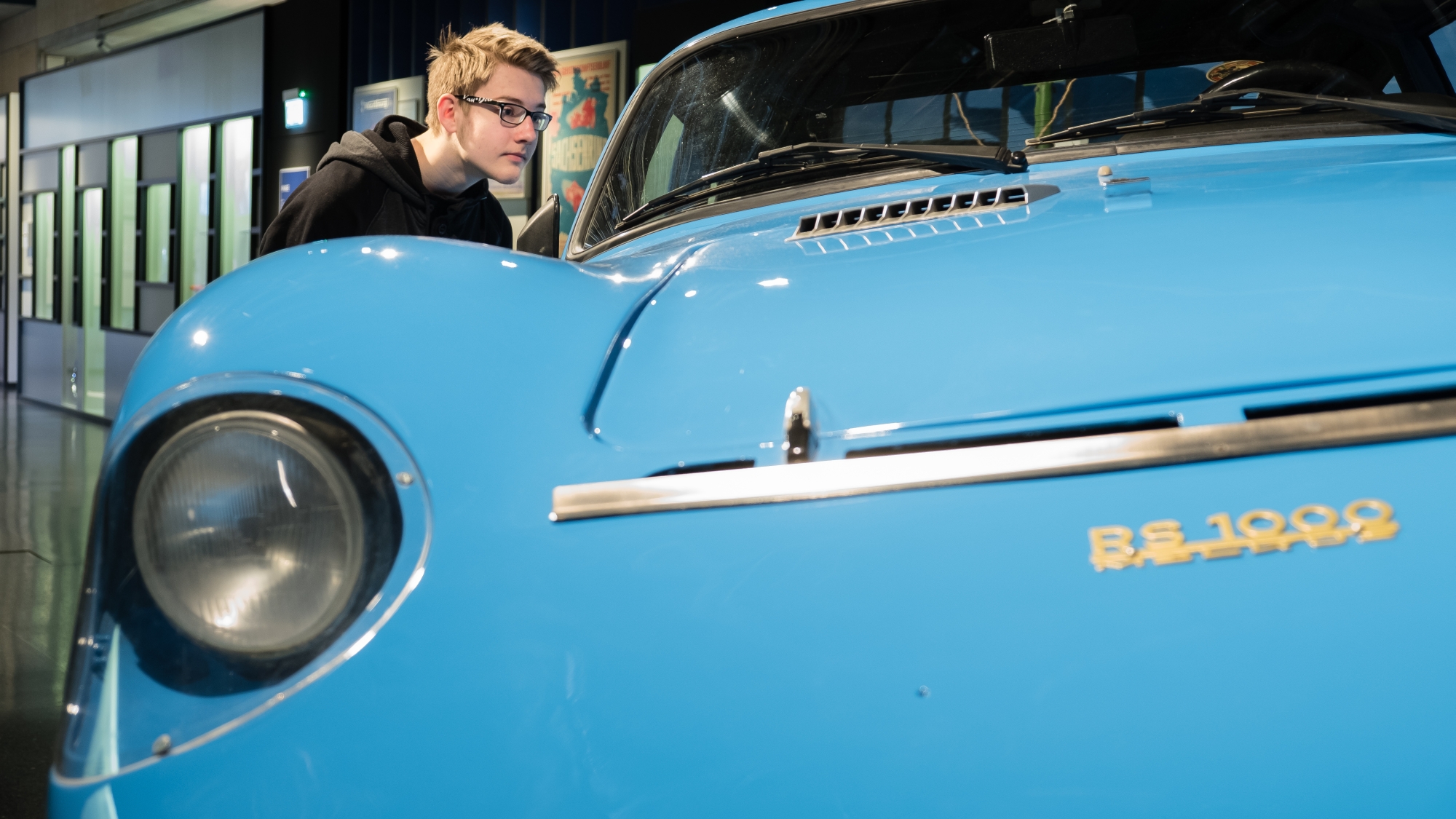
Nothing moves Germans more than their cars: Cars are the main means of transport in Germany. At the same time, cars kindle emotions, symbolize freedom and dynamism, status, lifestyle and power. Cult automobiles such as the Volkswagen Beetle or the East German Trabant are ‘motorized’ memories of German history.
Buyers express their personalities through their choice of marque, model and features, not to mention their desires, circumstances, and often also the scope of their budget. Advertising and marketing strategists invest millions in giving their products an emotional spin. Not everyone wants to accord such importance to their car, but even for those people there’s an ad slogan.
“Germany’s favourite child” remains an important factor for the economy: Hundreds of thousands of jobs depend directly or indirectly on the auto industry. At the same time, environmental strain, gridlocks and downtown traffic jams increasingly dampen the “joy of driving”. Car sharing, self-driving vehicles and electric engines point to drastic changes in the automotive world: Is the end of the joy of driving now in sight?
The exhibition at the Haus der Geschichte highlights the fascinations with cars – with selected vehicles, media, posters, photos and documents. It shows the social and cultural significance of the car in Germany against the background of economic and political realities.
Insights
